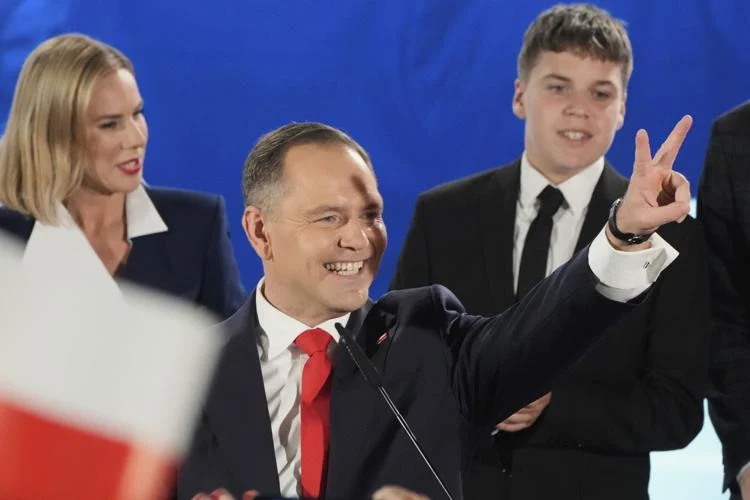Poland’s Prime Minister, Donald Tusk, has announced his intent to seek a confidence vote in parliament. This move comes after an electoral setback for one of his coalition allies, raising questions about the stability and unity of the current government.
The announcement follows the defeat of Władysław Kosiniak-Kamysz, a key figure from the Polish People’s Party (PSL), in a regional race. Kosiniak-Kamysz is not just an ally but also a deputy prime minister, making the loss symbolically and politically significant. The opposition, led by the nationalist Law and Justice (PiS) party, has used this moment to criticize Tusk’s governing coalition, claiming it no longer has a clear mandate.
Why Is Tusk Calling a Confidence Vote?
Donald Tusk’s decision to seek a confidence vote isn’t just about damage control—it’s a political calculation. By putting his government on the line, Tusk is aiming to:
- Reassert legitimacy amid opposition pressure
- Calm market and public speculation over coalition stability
- Reinforce cohesion among his coalition partners
Tusk, known for his pragmatism, appears to be betting on the confidence vote as a reset button. It sends a message: the government is intact, and the loss of one election doesn’t mean the coalition is falling apart.
What the Confidence Vote Means for Poland
In Poland’s parliamentary system, a confidence vote allows the Sejm (lower house of parliament) to affirm or withdraw support from the prime minister and their cabinet. Tusk is clearly confident that his coalition—formed late last year after years of PiS rule—still holds the necessary majority.
If the vote fails, however, it could trigger a political crisis. While early elections are not an automatic outcome, they would be on the table. More realistically, it could lead to renegotiations within the ruling coalition or a reshuffling of leadership roles.
Opposition Reactions and Public Sentiment
The opposition PiS party, which held power from 2015 to 2023, has been quick to seize on the PSL’s loss as evidence of public dissatisfaction. They’re framing it as a breakdown of trust in the broader coalition led by Tusk.
Public sentiment remains mixed. Many Poles are focused on domestic economic issues and rising living costs. Whether a confidence vote addresses those concerns or simply serves as political theater remains to be seen.
What’s Next?
Tusk is expected to initiate the confidence vote within the coming days. Political observers will be watching not just the outcome but also the tone and unity displayed by his coalition during the debate.
While the prime minister frames the vote as a test of democratic legitimacy, it also marks a defining moment for his government. Win or lose, the result will shape Poland’s political trajectory in the months ahead.



